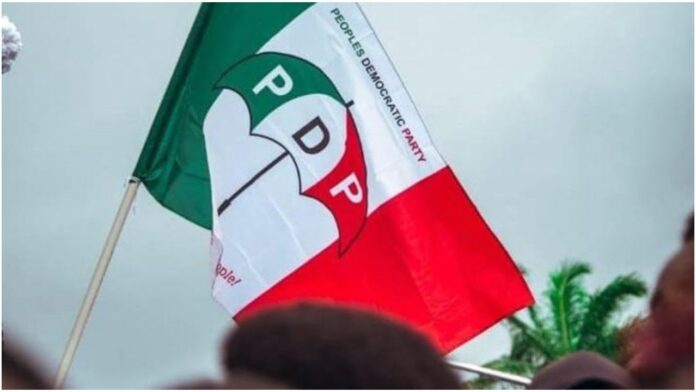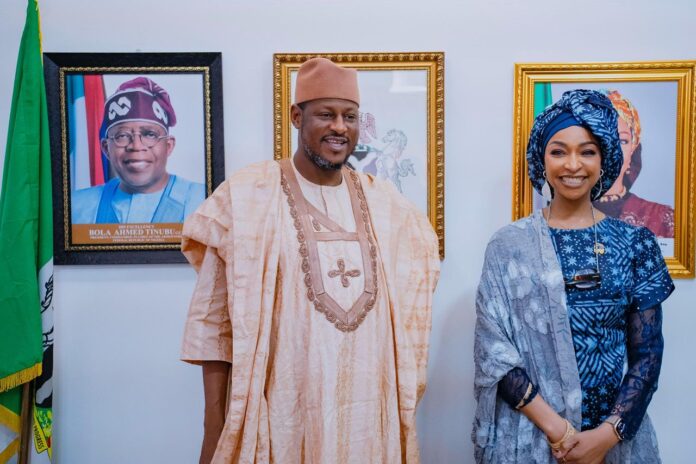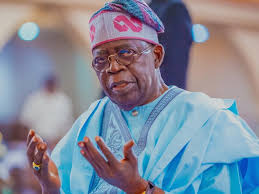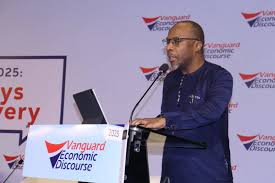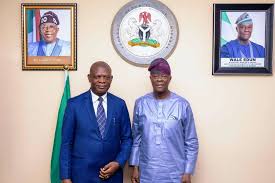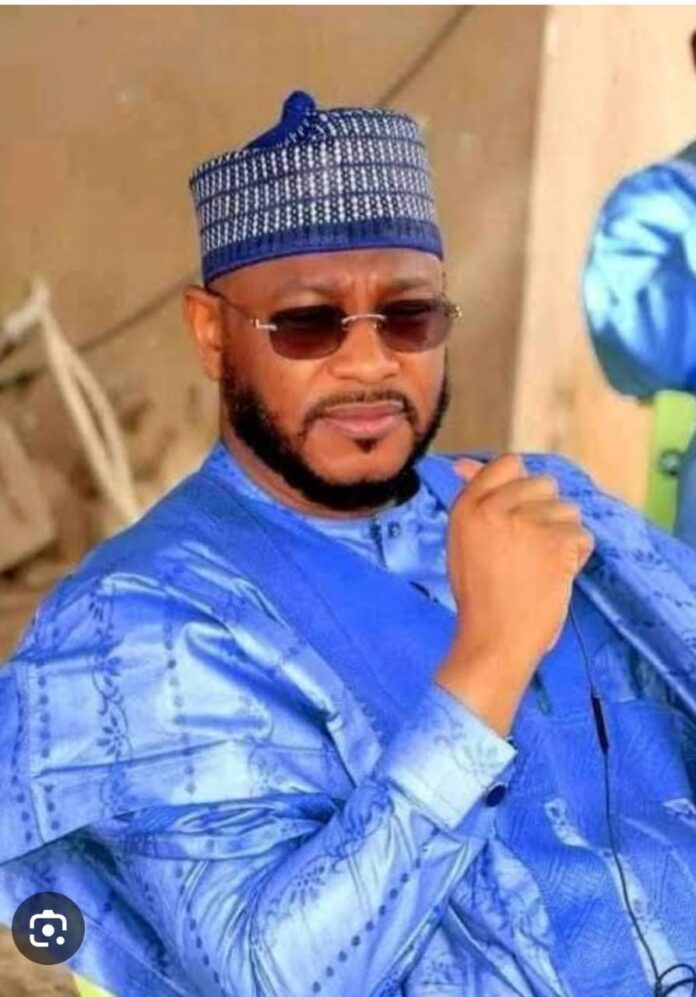Peoples Democratic Party ,PDP, South-South Zonal Working Committee ,ZWC, has appointed caretaker committees to oversee the affairs of the party in Bayelsa and Edo states for three months.
This followed the approval for the setting up of caretaker committees for both states by the ZWC at a meeting presided over by Chief Dan Orbih, National Vice-Chairman of the party
This is contained in a statement by Mr Etim Isong, Zonal Publicity Secretary, and made available to the News Agency of Nigeria ,NAN, in Abuja yesterday.
Isong explained that the decision to set up the committees for both states followed the dissolution of the State Working Committee ,SWC, of Bayelsa and the caretaker committee in Edo.
He said that this was on account of what the ZWC described as various acts of gross misconduct by the dissolved executives.
He added that these actions were in clear breach of the party’s constitution that led to the poor handling of internal crises rocking the PDP in both states.
‘’For Edo, we took into reckoning the poor performance and woeful outing by the party in the state in the last governorship elections.
‘’So, we are taking these decisions in the best interest of the PDP after a careful review of the activities of the party in both states.
‘’This is in line with the Constitution of the party as amended in 2017, particularly Articles 10(1),(f),(g),(k), and (4) as well as Articles 26(2),(a), 27(2)(a&b), 58(1),(a),(c),(i),(j), and 59(1)(f)
“The zonal working committee hopes that this bold move will strengthen the party’s foundation and ensure effective leadership in both states’’, he said.
According to the zonal spokesman, the caretaker committee members for Bayelsa include George Turnah, South South Zonal Secretary as Chairman, with Tony Gabriel as Deputy Chairman and Ebilade Ekerefe as Secretary.
Others are Didi Werilaghebofa, Vice Chairman, Central, Andy Majors, Vice Chairman, East, Evelyn Odi, Vice Chairman, West, Biobelemoye Igoniwari, Treasurer, Awudumapu Agorodi, Legal Adviser, Erepagamo Eke-Spiff, Financial Secretary, and Amain Oyeintariperedei, Auditor.
The committee also has Derri Wright, Publicity Secretary, Christian Akuraku, Organising Secretary, Ato Alfreda, Woman Leader, and Nicholas Eferebo, Youth Leader.
Isong added that Edo has as its Chairman, Nosa Ogieva with Chief Sunny Okomayin, as Deputy Chairman, Hillary Otsu, Secretary, Nosa Iseleomon, Vice Chairman, South, Ehisota Oriakhi, Vice Chairman, Central, and Richard Ehimigbai, Vice Chairman, North.
According to him, Mrs Tes Sorae is the Woman Leader, Benjamin Ehinlebodiaye, Treasurer, Emma Akhaba, Auditor, Daniel Okojie, Organising Secretary, Bob-Manuel Umoru, Publicity Secretary, William Umoru, Legal Adviser, Moses Izobo, Financial Secretary and Destiny Oreye, Youth Leader.
He quoted Orbih as emphasising ”the importance of unity and discipline within the party”.
He called on the newly appointed leaders to pursue genuine reconciliation among members and foster the cohesion necessary for repositioning the party in both states.


